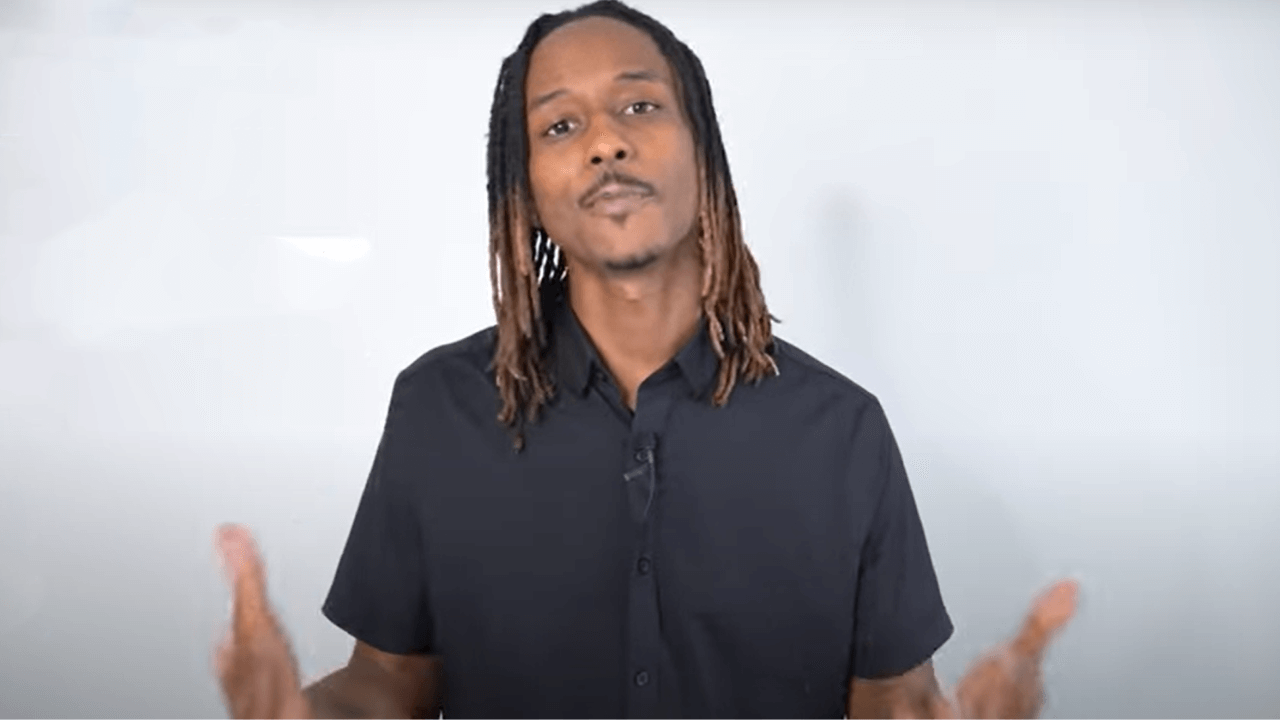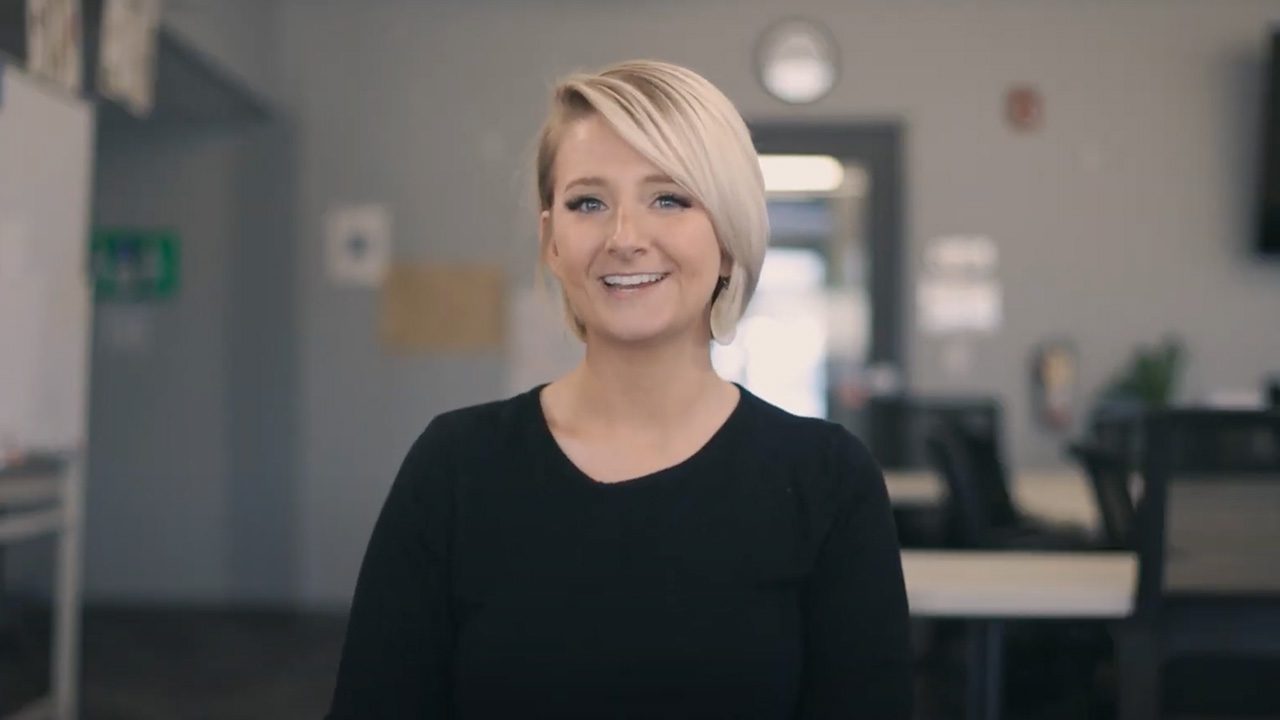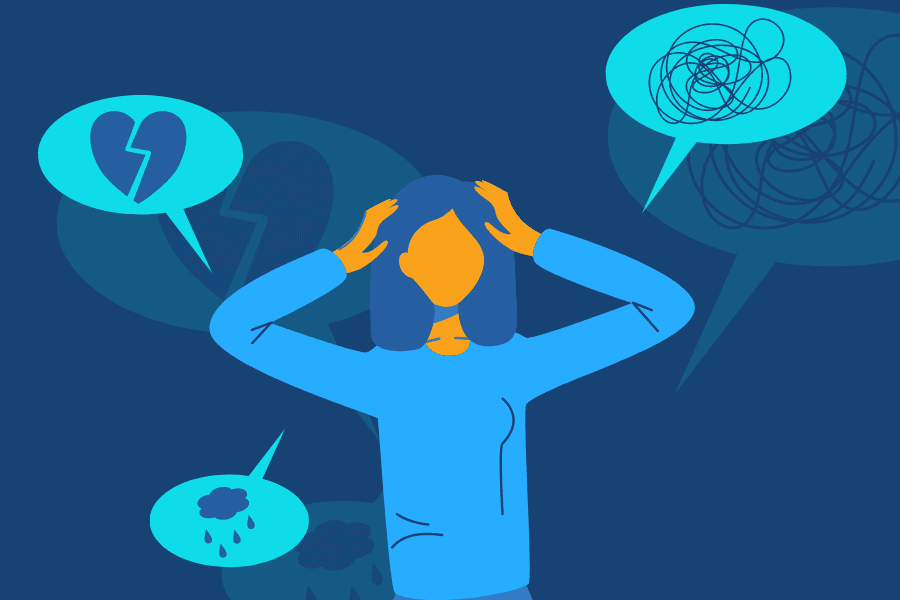What is Anxiety?
Worry, nervousness, fearing the uncertain — anxiety. It’s something millions of Americans face. Most can say they have experienced it in some form throughout their life. Whether it be related to something as common as getting anxious before a test or a deeper-rooted issue that’s recurring, the feeling is not uncommon. For those that experience anxiety on a regular basis, it can become tortuous, life impeding, and can even cause health implications.
Anxiety Statistics
Based on figures from the Anxiety and Depression Association of America(ADAA):
- Anxiety disorders are the most common mental illness in the U.S., affecting 40 million adults in the United States age 18 and older, or 18.1% of the population every year.
- Anxiety disorders are highly treatable, yet only 36.9% of those suffering receive treatment.
- People with an anxiety disorder are three to five times more likely to go to the doctor and six times more likely to be hospitalized for psychiatric disorders than those who do not suffer from anxiety disorders.
- Anxiety disorders develop from a complex set of risk factors, including genetics, brain chemistry, personality, and life events.
Ways to Cope With Anxiety
When it comes to coping, there is a wide variety of ways to deal with feelings of anxiety that can be easily incorporated into your lifestyle. Some are small day-to-day rituals that can have an effect almost instantaneously and others may take time because they look deeper into the root of the cause. Whichever the case, it is important to stay patient and be kind to yourself.
Deep Breathing
When you’re feeling anxious, shift to deep belly breathing. You should be able to clearly see your stomach expand and contract, your chest should rise very little. When you exhale, exhale a breath out of your mouth with a relaxed jaw. Do this for a few minutes until you start to feel better.
Breathing deeply increases the supply of oxygen to your brain and fends off your “fight or flight” reaction that is caused by anxiety. It can bring a feeling of calmness to ease ruminating thoughts and relax the body of tension.
If you find that breathing is making your anxiety worse, focus instead on movement activities that will increase your heart rate slightly, which will allow your breath to come naturally. Sometimes when we feel anxious, we hold our breath. Notice if you are holding your breath and then engage in movements such as jumping/shaking, walking, squats, lunges, or standing on one foot. Notice how your breath shifts.
Yoga & Meditation
There’s a reason It’s been used for centuries as a centering, stress relief practice. Yoga and meditation also go hand in hand with breathwork. The practice of meditation uses visualization and focusing on breathing to help let go of worry and fear — the common precursors to anxiety.
Yoga combines physical poses, controlled breathing, and meditation or relaxation to help elicit the relaxation response, allowing both the body and mind to gain a sense of calm and ease by lowering heart rate and blood pressure.
Exercise
Exercise promotes the release of feel-good endorphins and other natural brain chemicals that can enhance your sense of well-being. Regular participation in aerobic exercise has been shown to decrease overall levels of tension, elevate and stabilize mood, improve sleep, and improve self-esteem. Just five minutes of aerobic exercise can begin to stimulate anti-anxiety effects.
Getting outside
Getting outdoors is a great way to relax the mind. Proceedings from The National Academy of Sciences Studies(PNAS) have found that simply going for a walk can help encourage new thought patterns and decrease rumination by decreasing activity in the prefrontal cortex. In many people who experience anxiety, this part of the brain malfunctions, allowing a repetitive loop of negative thoughts to take over.
Spending time in any natural setting lowers our blood pressure, heart rate, and our body’s production of the stress hormone cortisol.
Eat a Balanced Diet
What you eat fuels your body and brain. According to The Harvard Medical School, a large percentage (about 95%) of serotonin receptors are found in the lining of the gut. This directly correlates with mood. A balanced diet is what your body needs to function at its best. Don’t skip meals, don’t go overboard on sugar, stay hydrated, and lighten your alcohol and caffeine intake.
Write Down Your Thoughts
Repetitive thoughts? Release it from your mind by simply writing it down. Just getting it out provides a form of relief. Also, seeing your thoughts can help you come to terms with what’s on your mind in order to start questioning an unhealthy thought pattern.
Engage in Creative Activity
Get your mind off things by shifting your focus to something creative. This helps to outlet nervous energy in a productive way.
Talk to Loved Ones
Sometimes just talking works wonders. Don’t keep everything bottled up. Talk about what’s bothering you to those you trust most. Just getting it out is so much better than dealing with it alone. Who knows, maybe they are going through something similar.
Therapy and Medication
There is absolutely no shame in getting professional help. No one has all the answers. Talk therapy really helps to address some of the deeper roots of anxiety. A trained professional can help you understand why you are experiencing certain thought patterns and give effective tools to shift into more healthy ways of thinking. Some people have a chemical imbalance or a predisposed genetic makeup, medication can help balance you out.
Get to the Root of What is Bothering You
Dig deep to find the real source of your anxiety. Are you creating an issue that might not be realistic? Don’t fixate on worst-case scenarios. Stay positive with your thoughts rather than immediately jumping to the negatives. Don’t fixate on the future, find comfort in the present moment. Embrace your fears, try the things that scare you. After some practice, you’ll become more and more comfortable.
Sandstone Care Can Help with Anxiety
If you or a loved one is struggling with anxiety that is leading to self-medicating with alcohol or other substances, Sandstone Care can help. Our goal is to help you address your anxiety’s underlying causes so that you can relax and enjoy life again. With support and treatment, you can overcome anxiety and start being your best, happiest self. We have locations in Colorado, Maryland, Virginia, and Illinois.






